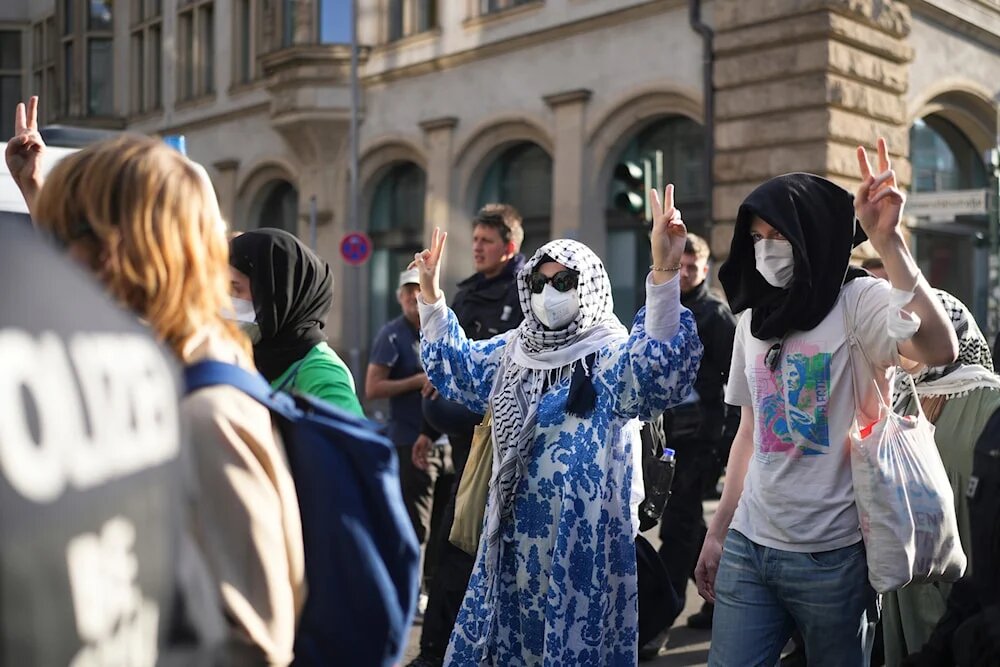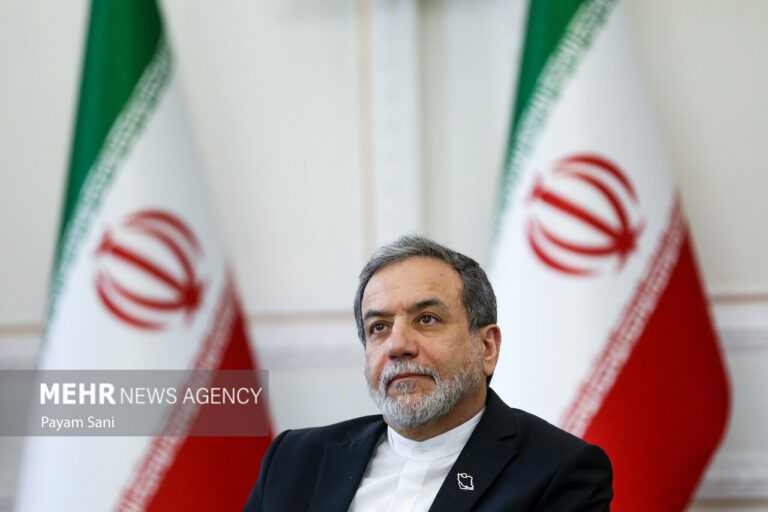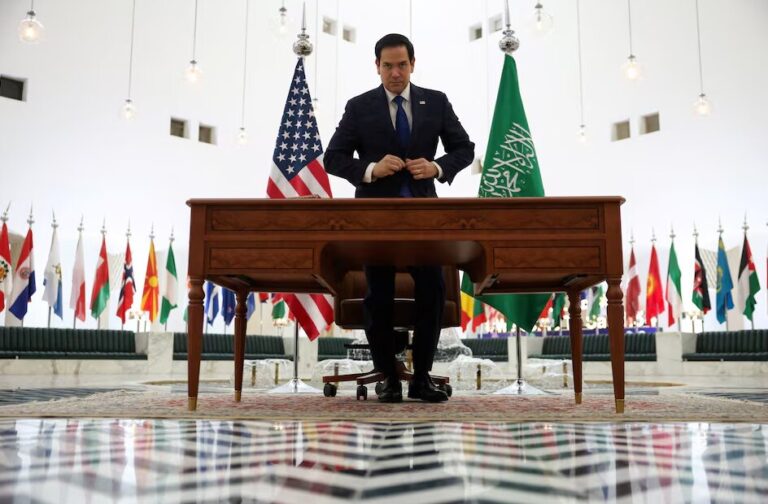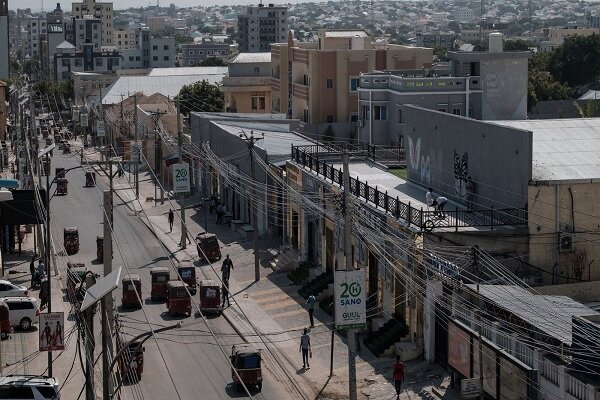German Police Detain Pro-Palestine Protesters Amid Rising Tensions
In recent events, German police took action against a pro-Palestinian demonstration in Berlin, raising significant concerns regarding the right to protest and freedom of expression. The rally, which aimed to show solidarity with Palestinians, faced disruptions from law enforcement, prompting discussions about the implications of such crackdowns on civil liberties.
On Saturday, police arrested several protesters during a gathering near the Wittenbergplatz metro station. This demonstration, attended by hundreds, was organized under the powerful slogan “Stop the aggression in the West Bank—Do not supply weapons to Israel.” Participants expressed their support for Palestinians through music, chants, and speeches, primarily in Arabic, highlighting their opposition to the Israeli occupation and U.S. policies.
Key points from the demonstration include:
- Protesters conveyed their messages through various slogans such as “Hands off the West Bank,” “Stop arming Israel,” “Gaza is not for sale,” and “Freedom for Palestine.”
- Many attendees prominently displayed Palestinian flags, reflecting their solidarity with the cause.
- The police, with approximately 250 officers deployed, intervened after some demonstrators staged a sit-in, ignoring orders to disperse.
Witnesses reported that the police response was heavy-handed, leading to the arrest of several individuals who were peacefully protesting. The law enforcement officers, equipped with anti-riot gear, demanded that the music be turned off and that protesters vacate the area.
In a broader context, this incident has sparked criticism from notable German scholars. They have expressed concern over what they perceive as a drift towards authoritarianism in the country. For instance:
- Professor Michael Zürn from the Berlin Social Science Center (WZB) cautioned that a controversial antisemitism resolution passed by the Bundestag may suppress academic freedom and hinder legitimate criticism of Israeli policies.
- Professor Ralf Michaels of the Max Planck Institute echoed these sentiments, condemning the political pressure being exerted against free expression in Germany.
Amid these concerns, legal experts and civil rights advocates have been vocal in urging lawmakers to enact legislation that protects free discourse. They emphasize the importance of safeguarding the right to peaceful protest, particularly in light of recent police crackdowns.
This situation reflects a growing tension between governmental authority and civil liberties, particularly in the context of protests related to sensitive geopolitical issues. The actions taken by Berlin police during the pro-Palestinian demonstration raise important questions about the balance between maintaining public order and respecting the rights of individuals to express their views peacefully.
As discussions continue regarding the implications of such protests and the responses from law enforcement, it is crucial for lawmakers to consider the feedback from scholars, legal experts, and the public. The call for a more nuanced approach that respects both public safety and individual rights is essential in fostering a democratic society.
The events at the Berlin demonstration are not isolated but are part of a larger narrative concerning protests worldwide. As various groups seek to voice their concerns about human rights, governance, and international relations, the need for protective measures for peaceful protests has never been more apparent.
In conclusion, the clash between protesters and police in Berlin serves as a reminder of the vital importance of maintaining open channels for public discourse. As the situation evolves, attention must remain focused on ensuring that the rights of individuals to peacefully assemble and express their opinions are upheld, while also addressing the complex challenges posed by ongoing geopolitical conflicts.
In a world where the right to protest is increasingly under scrutiny, the events in Berlin will likely resonate beyond Germany’s borders, influencing discussions about civil liberties and democratic practices globally.






